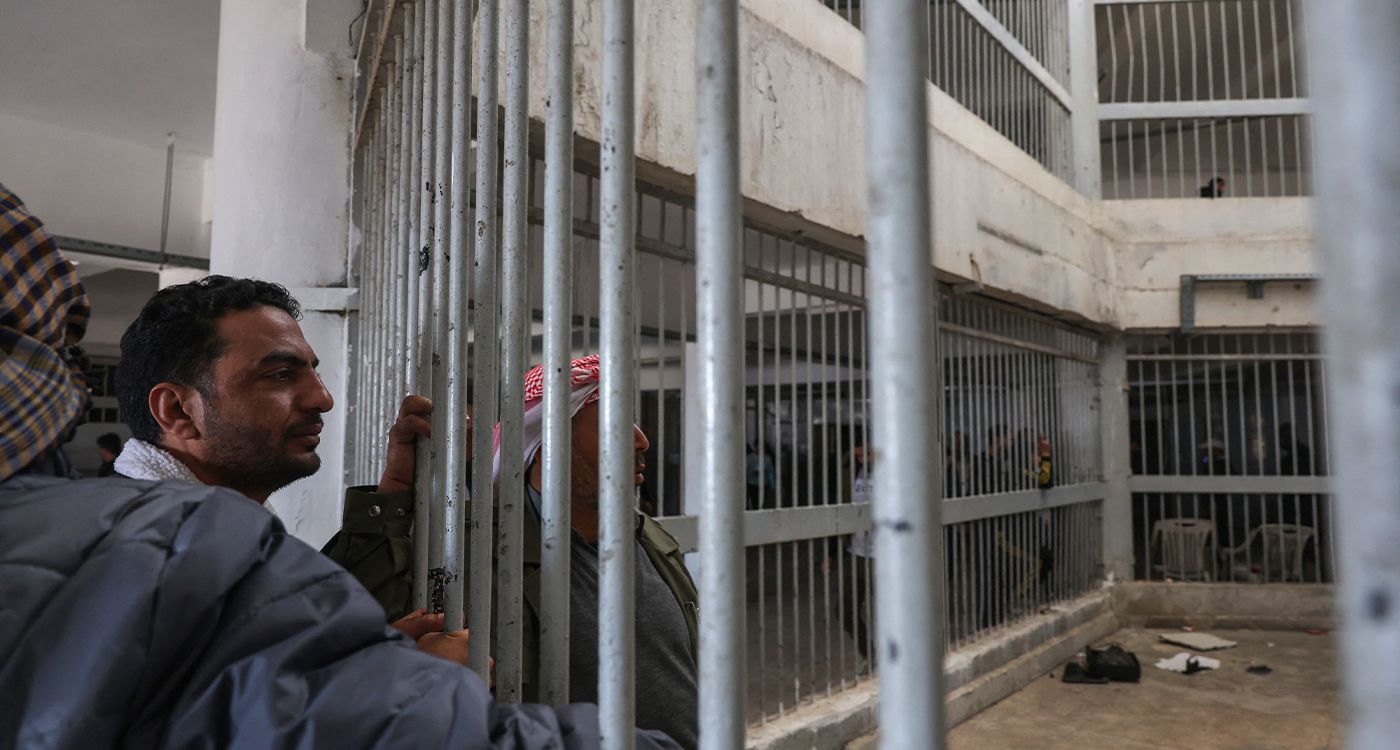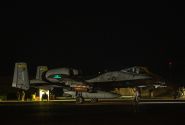- Home
- Middle East
- What Unbearable Fate and Injustice Is This?

©MOHAMMED AL-RIFAI AFP
Bashar al-Assad has fled—escaped after securing his safety and future, carving out a quiet life in Russia—the country that has shielded him, defended him, and propped up his regime for more than 14 years. Following his disgraceful flight, prisoners emerged from the decay and injustice of his dungeons, standing tall and victorious, finally reclaiming their stolen right to live. He may have spared their lives, but at what cost?
We await the return of the detainees, but how many will make it back, and in what condition? Some may have been killed in those prisons; others may have succumbed to the unbearable waiting for the end of their ordeal. Some may have suffered illness and been denied treatment, while others may have died from malnutrition or lack of medication. Countless endured years of isolation, leaving their minds fragmented and their senses dulled.
Imagine someone detained in Syria’s prisons since the 1980s, stepping into freedom today. What kind of life could await them? Freedom may seem harsher than the prison they endured. Their health will likely be shattered—decades without medical attention for even basic needs like vision, hearing, or dental care. Their bodies, denied sunlight for so long, may no longer recognize the warmth of daylight.
Returning to their hometown, they might find themselves surrounded by strangers. Their families, friends, and peers may have passed away, emigrated, or vanished, leaving behind new generations and unfamiliar faces. They were imprisoned in an era before mobile phones and the internet, only to return to a world of video calls spanning continents. They went in when cars were a luxury, simpler than today's advanced technologies. They were detained during an era of barricades and battles, only to emerge to towering buildings, modern technologies, and a vastly different reality. They left behind a time when Lebanon's state television was the sole broadcaster and now return to a world where every household has access to countless channels from across the globe.
The shock of such a transformation could push anyone to the brink of madness. And for those who perished in prison? They were denied even the basic dignity of a proper burial or final prayer. Assad didn’t just strip them of their freedom—he stole their entire lives, both past and future, while he luxuriates in a peaceful exile.
May divine wrath befall all those complicit in this massacre, and all those who chose silence over action. Michel Aoun once claimed to have questioned Assad about the detainees. Assad denied their existence—and Aoun believed him. What must he think now, as detainees finally emerge into freedom, bearing an additional twenty years of unimaginable suffering since his humiliating statement?
This is a tragedy of unparalleled magnitude—one that eclipses even the horrors endured by those who were put to death.
Read more



Comments